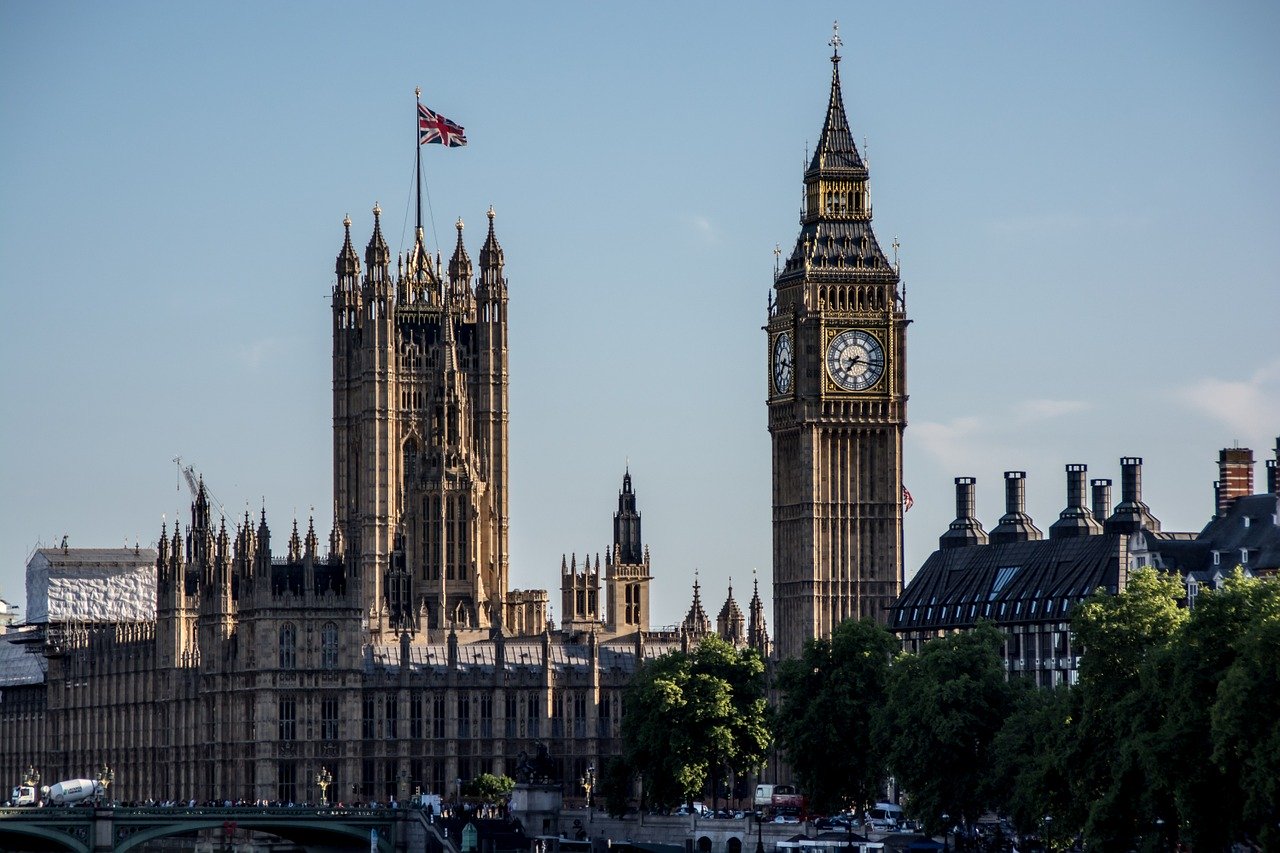
“From today landlords will have to give all renters 3 months’ notice if they intend to seek possession (i.e. serve notice that they want to end the tenancy) – this means the landlord can’t apply to start the court process until after this period.”
The above statement was announced on the 26th of March 2020 and since then we’ve received daily updates on the ever-changing rules and regulations from Government Guidance. Despite the updates, as a landlord, you may still be unsure of where you stand and what other guidance there is that you should be following.
This post aims to round up some of the key points from the official Government document relating to the Landlord and Tenant rights throughout this uncertain period.
Please ensure you are following the latest Government guidance at all times.
What if my tenant can’t pay?
“An early conversation between landlord and tenant can help both parties to agree a plan if tenants are struggling to pay their rent. This can include reaching a temporary agreement not to seek possession action for a period of time and instead accept a lower level of rent, or agree a plan to pay off arrears at a later date. Where a landlord does choose to serve notice seeking possession for rent arrears or has done so already, the notice period and any further action will be affected by legislation lengthening the notice period and/or the suspension of possession claims ”
What support is available for me, if I’m a mortgagor?
Most mortgage lenders have agreed to offer payment holidays of up to three months where this is needed due to hardship caused by the current crisis, including for buy-to-let mortgages.
But note: “The sum owed remains and mortgages continue to accrue interest during this period.”
Where do I stand in terms of possessions?
“Landlords who do issue notices seeking possession will not be able to progress any further before the expiry of the notice. All notices for both the private and social rented sector tenancies are for three months.
Regardless of this legislation, where tenants have difficulty paying rent over this period, we ask that landlords do not issue a notice seeking possession, particularly given that the tenant may be sick or facing other hardship.”
As a landlord, should I stop charging rent during this period?
“Landlords are not required to do this. Most tenants will be able to pay rent as normal and should continue to do so, as they will remain liable for the rent during this period.
There is no ‘one-size fits all’ approach, as each tenant’s circumstance is different and some will be worse affected in terms of their ability to pay than others. It is important for landlords to be flexible and have a frank and open conversation with their tenants at the earliest opportunity, to allow both parties to agree a sensible way forward.”
What does the current situation mean for repairs to my property?
“Landlords’ repair obligations have not changed. Tenants have a right to a decent, warm and safe place to live – and it is in the best interests of both tenants and landlords to ensure that properties are kept in good repair and free from hazards.”
Someone in my House of Multiple Occupation is infected. Am I obliged to remove them or find my tenants another place to stay?
Nobody can be removed from their home because they are self-isolating. The Government has issued guidance about what to do if someone in your household is affected, including self-isolating the whole household for 14 days.
Find the full document this information has been taken from, here.
If you would like to talk to a friendly professional about Landlord or HMO insurance and how our cover may support you through this period, give us a call on 0121 679 7265.


